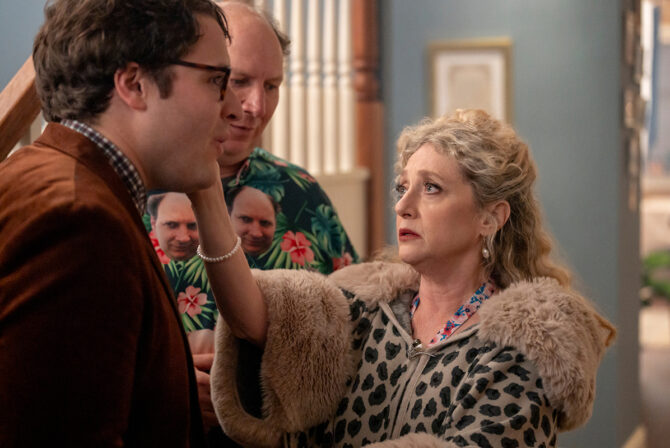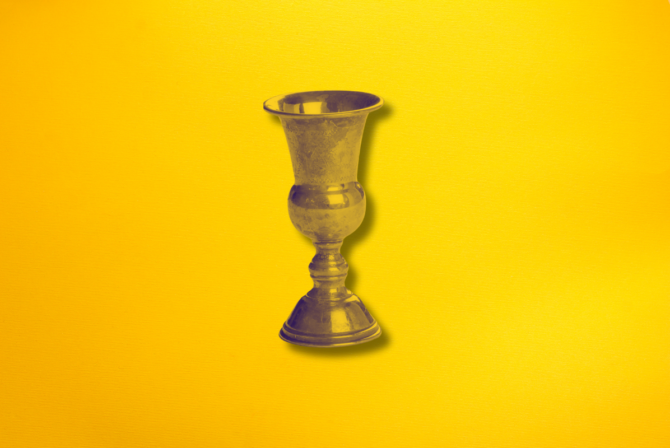A year ago, I spent Passover in a psych hospital. Well actually, it was a residential treatment facility (AKA, a fancy psych hospital). I had been in and out of psych hospitals as I dealt with suicidal thoughts and we heard this place could save my life.
The first day I got there, I was wearing a shirt that said Missouri in Hebrew (from when I worked for University of Missouri Hillel) and another Jew read it as “misery,” which was a pretty funny mis-read for a depression clinic.
He also let me know he was planning on having a seder there in a couple days for any Jews and non-Jews who wanted to participate.
Having a seder at the treatment center meant a lot to me for a variety of reasons. First, it was meaningful to feel I could still observe the holiday even though I wasn’t on the “outside” with my son and the rest of my family. Second, when celebrating seder with my family, I often question if some of them should be getting mental health treatment and it was nice to know I would be surrounded by people who were actually getting the help they needed. Finally, Passover is a holiday that it is easy to relate to as someone who is struggling with suicidal thoughts. After all, here I was at a place that finally felt like the Promised Land as far as treatment goes, and I was getting pretty tired of the desert I was wandering.
There were about 10 of us at the seder—three Jews and seven seder first-timers. As the seder went on, I shared with my fellow patients my thoughts about how the story of Passover was similar to our journey, and they all found it very meaningful.
The whole time I was at this facility, I had a very positive experience. I met with phenomenal doctors, got new coping tools, medication recommendations, and left feeling like I was on the right track. I had gone there looking to be healed, and left grateful that that was the path I was on.
I came home and was well for a few months and it felt great. But then I once again started feeling awful—the frequency of the suicidal thoughts and self-harm increased and the intensity was getting too much to bear.
There is a frustration in not feeling well. There is an added frustration in thinking you found the healing you’d been looking for, only to learn it was once again short lived.
This is the danger of being in the desert and making your goal the Promised Land. When telling the story of Passover, we say we spent 40 years wandering the desert . 40 years! We bemoan it and then celebrate finally making it to the Promised Land.
But what about those 40 years?
As someone who has spent the last five years struggling a lot, and a good portion of my life battling mental illness, I can tell you the desert and Promised Land are not mutually exclusive. And that is actually a pretty good thing.
Every day, even at my worst, my life has been filled with mini Promised Lands.
Having a whipped cream fight with my son? Promised Land.
Performing comedy to a laughing crowd? Promised Land.
Turning on a “Friends” re-run and realizing it’s the one where the girls lose their apartment in a Trivia contest? Total Promised Land.
That seder in a psych hospital? That was Promised Land.
Being healed? Who knows if that exists, and even if it does and I get better, we all know the story doesn’t end with the Jews getting to Israel. We got to the Promised Land, yet plenty of struggle still exists. And I imagine when wandering the desert, the Israelites had many of their own mini Promised Lands, too.
These journeys are not separate parts, and when we realize that, it makes the lows—and the highs—a lot easier to live through.
Read More:
This ‘Thriller’ Inspired Passover Video is Everything You Need Right Now
RECIPE: Funfetti Matzah Cake for Passover
Yes, I’m a Bisexual Jewish Dad…But No, My Sexuality Didn’t Cause My Divorce







